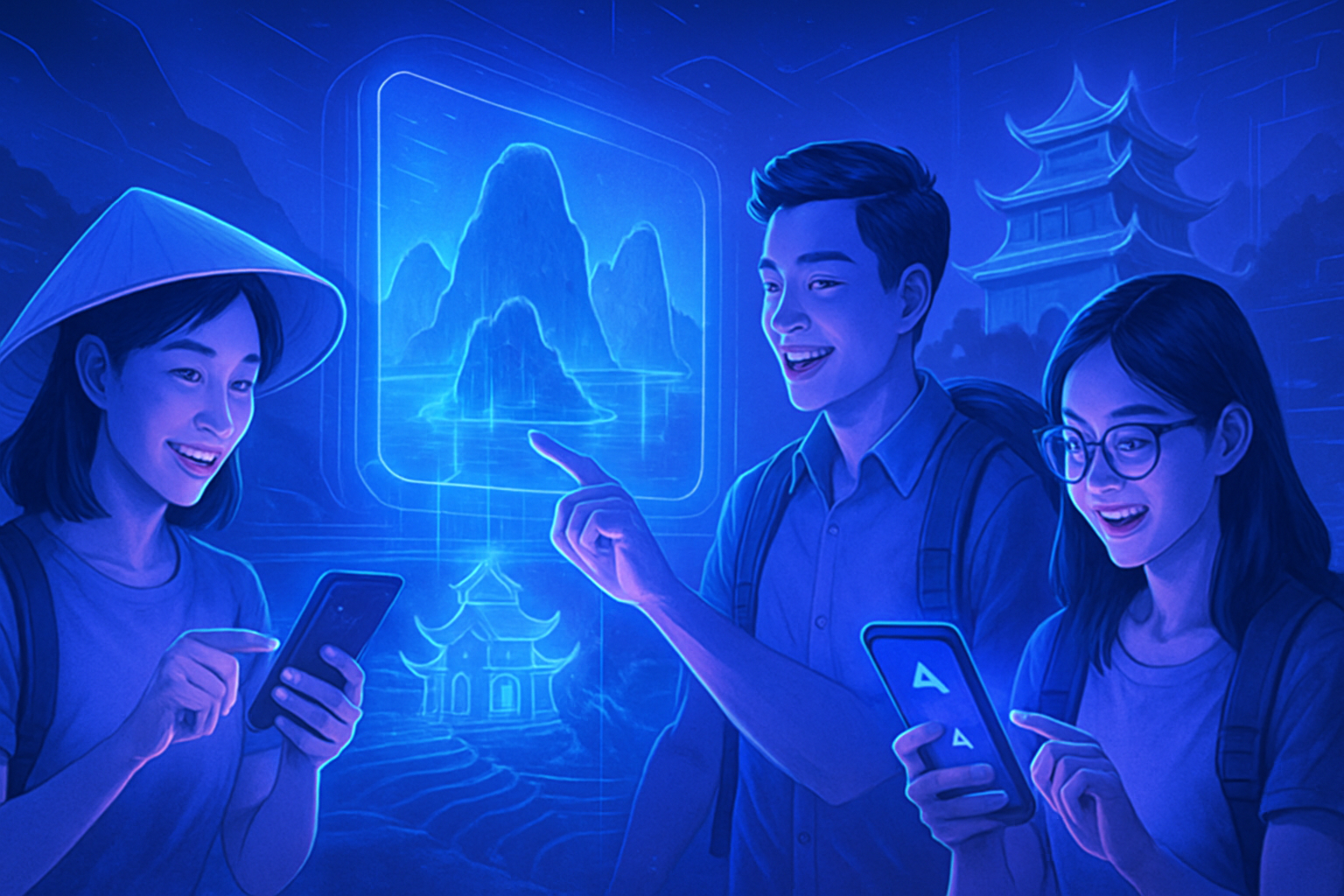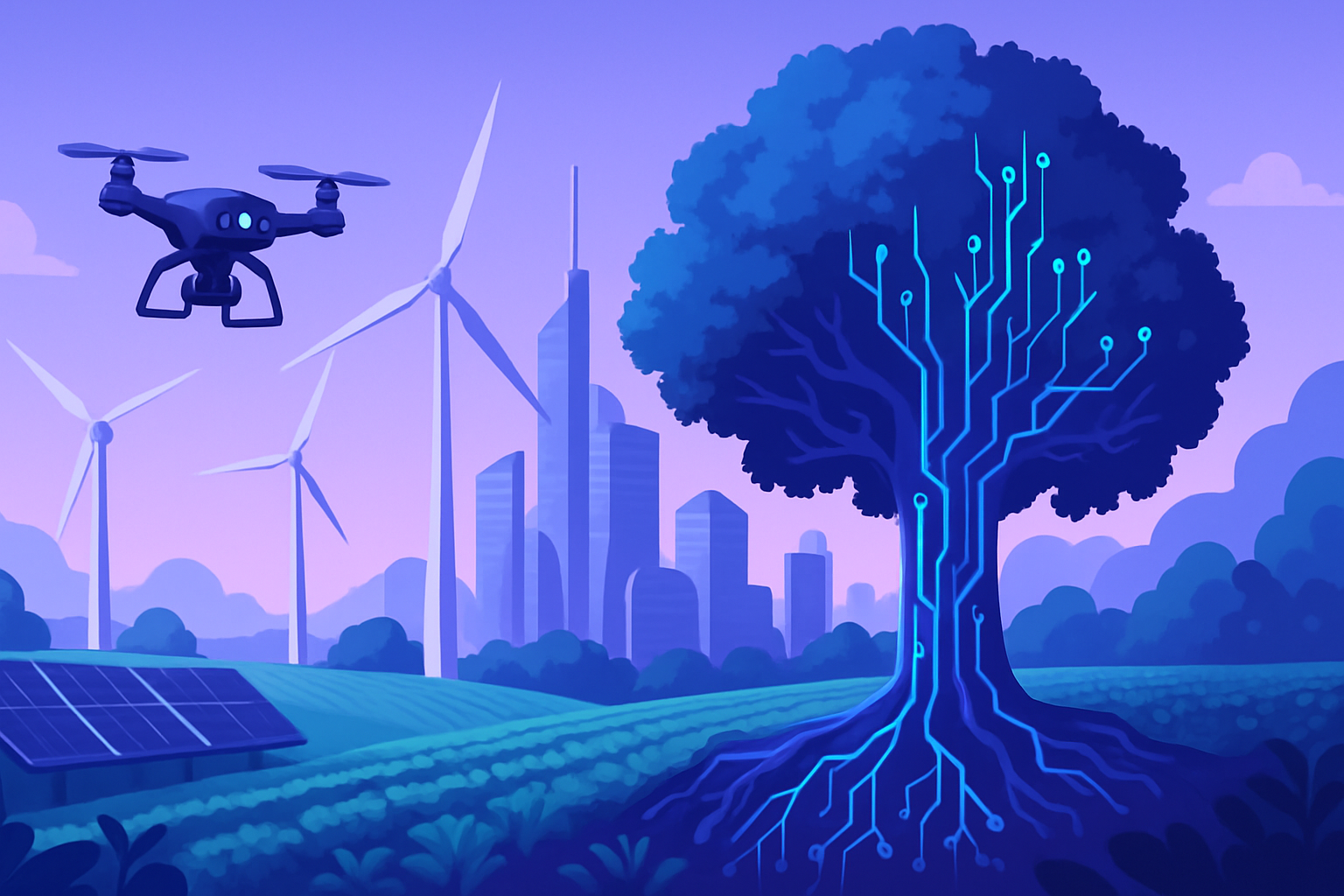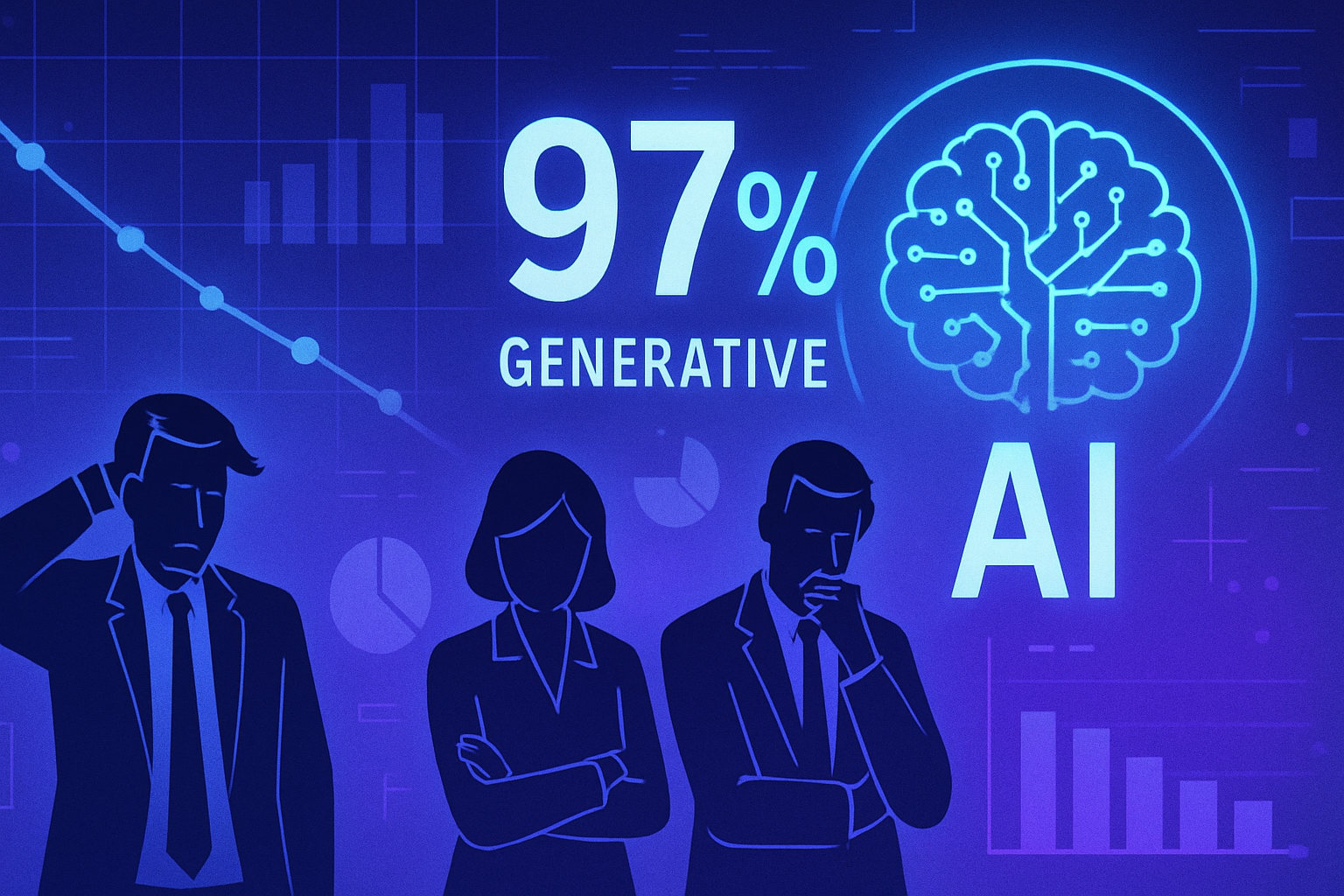The rapid advances in artificial intelligence are revolutionizing Vietnamese tourism. A recent study reveals a striking fact: *99% of Vietnamese tourists* show a strong interest in personalized travel solutions. The growing appeal for tailored and technological experiences reflects a necessary evolution towards more adapted tourism. Considering the integration of advanced technologies in travel practices opens new prospects for the sector. The desire to simplify bookings and optimize itineraries is becoming a priority.
The massive adoption of AI by Vietnamese tourists
The results of a recent study reveal a significant interest among Vietnamese tourists for personalized travel solutions powered by artificial intelligence. An impressive 99% of respondents demonstrate a clear willingness to integrate these innovative technologies into their next getaways. This phenomenon fits into a trend where the pursuit of comfort and efficiency is becoming paramount for today’s travelers.
A palpable enthusiasm for AI
The majority of Vietnamese travelers fall into the category of avid AI users. Nearly 48% of them declare themselves passionate about this technology. Their expectations focus on optimizing their travel experiences, with a particular emphasis on itinerary personalization and access to real-time recommendations. This dynamic is transforming not only their way of traveling but also the tourism industry as a whole.
Opportunities offered by AI
AI tools are particularly appealing to Vietnamese travelers. 80% of them acknowledge that these solutions greatly enhance their experience, offering options tailored to their preferences. Customized itinerary suggestions that can avoid crowds and optimize schedules are encouraging many tourists to embrace the technological shift.
The challenges of integrating AI
This new enthusiasm does not come without raising some concerns. About 91% of participants express worries about the potentially negative impact of AI on the sector. Doubts remain regarding the protection of personal data and the quality of recommendations provided by automated systems. To address these concerns, the need for ethical and transparent development is becoming urgent.
An essential human interaction
The debate surrounding the automation of decision-making remains lively. A segment of the population, around 27% of users, expresses the need for a human touch in their travel choices. The absence of empathy in AI tools highlights the importance of social interactions, emphasizing that machines cannot fully replace humans. 22% of travelers are reluctant to allow AI to make decisions without human intervention.
Sustainability and social responsibility
The growing interest in responsible tourism is also shaping the expectations of Vietnamese travelers. Approximately 76% of respondents are inclined to use AI applications that highlight experiences beneficial to local communities. This change in mentality reflects a desire for commitment to sustainable travel practices aimed at leaving a positive impact on visited sites.
Future prospects of AI in the travel sector
Technological advancements continue to reshape the travel landscape. Most Vietnamese travelers anticipate that one day, the planning of their vacations will be entirely orchestrated by AI. They expect that 58% of them will be able to rely on these tools to manage all aspects of their travel, from booking flights to creating detailed itineraries. The shift towards such autonomy in planning seems to be the next step in the evolution of travel.
Innovations in AI continue to promise optimization and transformation for tourists. AI applications like those offered by ChatGPT are becoming indispensable allies for an unprecedented travel experience.
Improvement prospects are also central to the concerns of tourism actors. The growing demand for environmentally friendly and socially responsible AI tools could well influence how businesses operate. Models like those used by Airbnb demonstrate a crucial shift towards integrating these technologies into business practices.
Frequently asked questions about Vietnamese tourists’ adoption of AI
How is AI transforming the travel experiences of Vietnamese tourists?
AI is transforming travel experiences by offering personalized solutions, such as tailored itineraries and tailored recommendations, while simplifying the booking process.
What are the benefits of using AI for Vietnamese travelers?
The benefits include increased efficiency in planning trips, the ability to obtain real-time information about destinations, and the personalization of recommendations to enhance the travel experience.
What types of personalized travel solutions can Vietnamese tourists expect from AI?
Vietnamese tourists can expect AI tools that optimize itineraries, suggest activities based on their preferences, and offer accommodation options tailored to their needs.
What is the perception of Vietnamese people regarding AI in the travel sector?
The majority of Vietnamese people view AI positively, with 99% of them interested in its use to simplify their travel experience and personalize their choices.
Are Vietnamese travelers concerned about the use of AI in the travel sector?
Yes, some travelers express concerns about privacy and AI’s autonomous decision-making, highlighting the importance of a balance between technology and human interaction.
What percentage of Vietnamese travelers are ready to adopt AI solutions for their travels?
A recent study reveals that 99% of Vietnamese tourists are willing to explore AI-based travel solutions, proving the growing enthusiasm for this technology.
How can AI contribute to more sustainable tourism in Vietnam?
AI can help by proposing experiences that promote support for local communities, highlighting sustainable practices, and creating itineraries that minimize environmental impact.
What AI tools are already used by Vietnamese travelers?
Vietnamese travelers use various tools, including smart booking applications, virtual assistants for personalized recommendations, and analytics platforms for travel optimization.
How does AI improve the personalization of travel recommendations?
AI analyzes user data, such as past preferences and behaviors, to provide tailored recommendations that exactly meet travelers’ needs.






